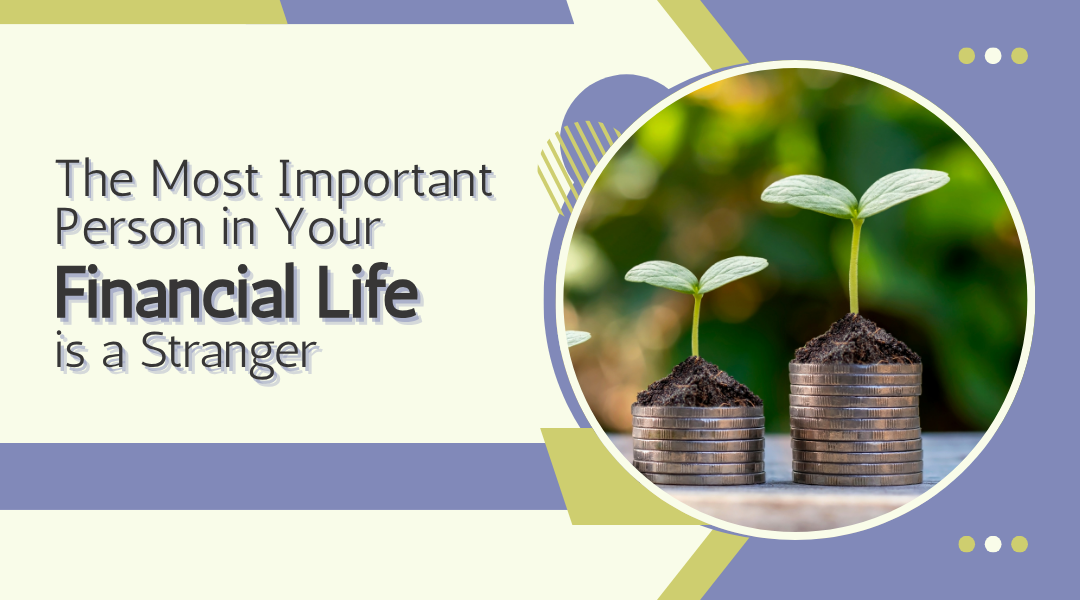Think about the person you’ll be in twenty years. You don’t know them yet. They have different worries, different joys, and a life you can barely imagine. But they are relying entirely on the decisions you make today.
That future version of you isn’t a ghost. They’re a real person whose quality of life is being built, brick by brick, with every choice you make right now. The “you” of 2045 is the most important client you will ever have. Are you being a good advisor?
The Magic of Starting Now (Even When It Seems Pointless)
You’ve probably heard the advice: “Start saving early.” But it sounds hollow when you’re staring at a low paycheck. The magic isn’t in the amount; it’s in the clock.
Let’s make it real. Imagine two friends, Alex and Sam.
- Alex, at age 22, gets her first real job. She sets up an automatic transfer of $50 from each paycheck into a simple investment account. She does this consistently but never increases the amount. By the time she’s 65, she’s directly contributed about $25,000.
- Sam waits. He figures he’ll catch up later. At age 35, he starts saving $100 a month—double what Alex put in. He’s disciplined and does this for 30 years, contributing a total of $36,000.
Who ends up with more money?
The shocking answer is often Alex. Thanks to the extra 13 years of compound growth—where her money starts earning money of its own—her account could easily be worth significantly more than Sam’s, despite her putting in less cash.
The lesson isn’t that you should save $50. It’s that time is a resource more powerful than money itself. The best time to plant a tree was 20 years ago. The second-best time is today.
Your Daily Choices are Votes for Your Future
Every spending decision is a tiny vote for the kind of life you want to live later.
- When you pack a lunch instead of ordering delivery, you’re not just saving $10. You’re casting a vote for a future where you have the freedom to take a lower-stress job without panicking about the paycheck.
- When you skip the subscription for a service you barely use, you’re voting for a future where you can afford a plane ticket to visit an old friend.
- When you learn the basics of investing instead of letting cash sit in a checking account, you’re voting for a future where your money is working a night shift so you don’t have to.
Conversely, every “I deserve this” impulse buy that you can’t truly afford is a vote for a future with fewer options, more stress, and less freedom. Your future self doesn’t care about the fleeting dopamine hit from a luxury purchase; they care about having choices.
Slaying the Dragon of “Someday”
Our brains are wired for immediate gratification. The future feels abstract, while a new pair of shoes is right here, right now. We tell ourselves comforting lies to avoid the discomfort of acting today:
- The Lie: “I’ll start when I make more money.”
- The Truth: Your spending tends to expand to fill your income. If you can’t manage $100, you won’t magically manage $1,000. The habit of saving is what matters, not the amount.
- The Lie: “It’s too complicated. I don’t know where to start.”
- The Truth: You don’t need a finance degree. You need to take one small, simple step. Set up an automatic transfer to a savings account. Read one article about index funds. Perfection is the enemy of progress. The goal is to start, not to be an expert on day one.
- The Lie: “I have plenty of time.”
- The Truth: Time is the one ingredient you can’t get more of. You can always earn more money, but you can never get back lost years of compound growth.
How to Start Being a Hero to Your Future Self
You don’t need a grand plan. You need a first step.
- Have a Conversation: Literally, take a quiet moment and think about your future self. What do they look like? What are they doing? Do they feel secure? Write down three things you want for them. This makes the future feel real.
- Automate a Tiny Amount: Open a separate savings account and set up an automatic weekly transfer for an amount so small you won’t miss it—$5, $10, $20. The goal is to make the action unconscious. Watch it grow. This builds momentum and proof that you can do it.
- Reframe One Purchase: Next time you’re about to make an unplanned purchase, pause. Ask yourself: “Would I rather have this thing today, or would I rather give $[cost of item] to my future self?” This simple mental switch can be incredibly powerful.
The Ultimate Payoff
This isn’t about deprivation. It’s about alignment. It’s about making conscious choices today that your future self will look back on with profound gratitude. The goal is to build a life where the “you” of tomorrow has the financial security to handle emergencies, the freedom to make bold life changes, and the peace of mind that comes from knowing that someone was looking out for them all along.
That someone is you, today. Be good to them.
